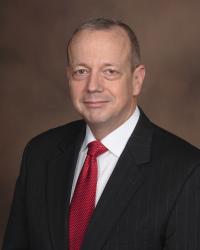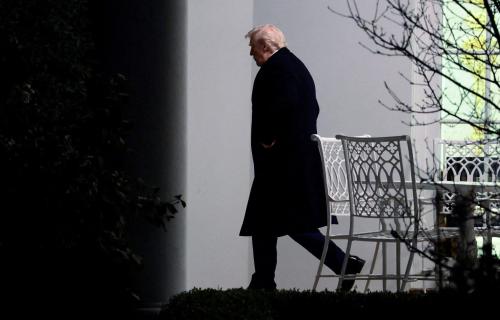Today, I am pleased to announce the official launch of the Brookings Institution’s new Center for Sustainable Development (CSD). This embodies a top-tier institutional commitment to the global sustainable development agenda and the Sustainable Development Goals. Indeed, the research agenda of this new center will be significant, focusing on issues related to extreme poverty, the “leave no one behind” agenda, foreign aid effectiveness, the metrics of sustainable development, sustainable development finance, climate change, the future of work, regional divergence, and the importance of local government leadership and innovation.
This endeavor is an exciting and important opportunity for both Brookings and our Global Economy and Development program, where the center will be based. While our institution already has a long history of supporting scholarship and engagement on sustainable development and developing new policy approaches for important global challenges, CSD will provide a dedicated home for our leading scholars in this field, to include inaugural Director John McArthur, as well as his colleagues Amar Bhattacharya, Marcela Escobari, George Ingram, Homi Kharas, and Tony Pipa.
The reasons for this undertaking are far-reaching. Our world today faces many challenges including the COVID-19 pandemic and the ensuing economic downturn, inequality across and within countries, structural racism and inequity, a changing climate, and a decline in international cooperation. Here in the United States, we are less than two weeks away from electing our next president. The current administration has stepped back from U.S. commitments to the international community, including withdrawing from the Paris Agreement on climate change and disengaging with the World Health Organization and the Sustainable Development Goals. At the same time, however, many of the world’s directions for sustainable development will be driven by the leadership mobilized outside of any national government—from academia, business, philanthropy, civil society, and local governments. It is in these parts of society that we see thriving examples of American and Global leadership.
This year we celebrate the 75th anniversary of the creation of the United Nations, a milestone in international cooperation. One of its most crowning achievements came in 2015 when all nations agreed to the 17 Sustainable Development Goals. Central to those Goals is a pledge from all countries that “no one will be left behind” and that “eradicating poverty in all its forms and dimensions, including extreme poverty, is the greatest global challenge and an indispensable requirement for sustainable development.” The SDGs offer leaders and policymakers a “North Star” for building back, and the commitment to equity, justice, and environmental preservation as reflected in the Goals is more critical today than ever.
The next five years present a critical window for advancing sustainable development. If we are to meet the targets set by the SDGs by 2030, we must foster an inclusive recovery post-COVID-19 and “build back better”. Working within a challenging environment, I am thrilled and proud that this new center will be a key component in progress made towards those Goals.
The Brookings Institution is committed to quality, independence, and impact.
We are supported by a diverse array of funders. In line with our values and policies, each Brookings publication represents the sole views of its author(s).






Commentary
Why Brookings is starting a Center for Sustainable Development
October 21, 2020